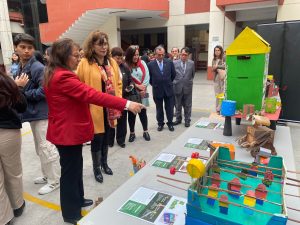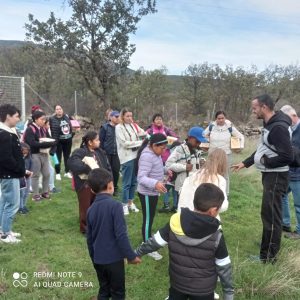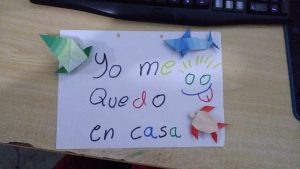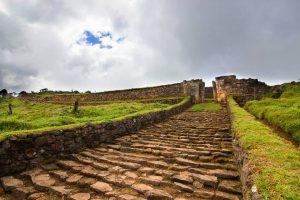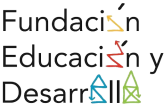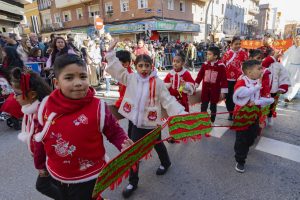
Right to Play!
The convention on Rights is an international treaty that gather together the human rigths Childhood. Article 31 said: "States Parties recognize the derecho child to rest and leisure, to engage in play and recreational activities appropriate to the age of de child and to participate freely in cultural life and the arts.” Therefore, it is a duty as adults to protect and ensure this need of Children by creating play spaces to develop their multiple skills and abilities.
“The Play builds social tissue”
"Play is a necessity for childhood"
José Luis Linaza Iglesias.
Playgroups in Spain
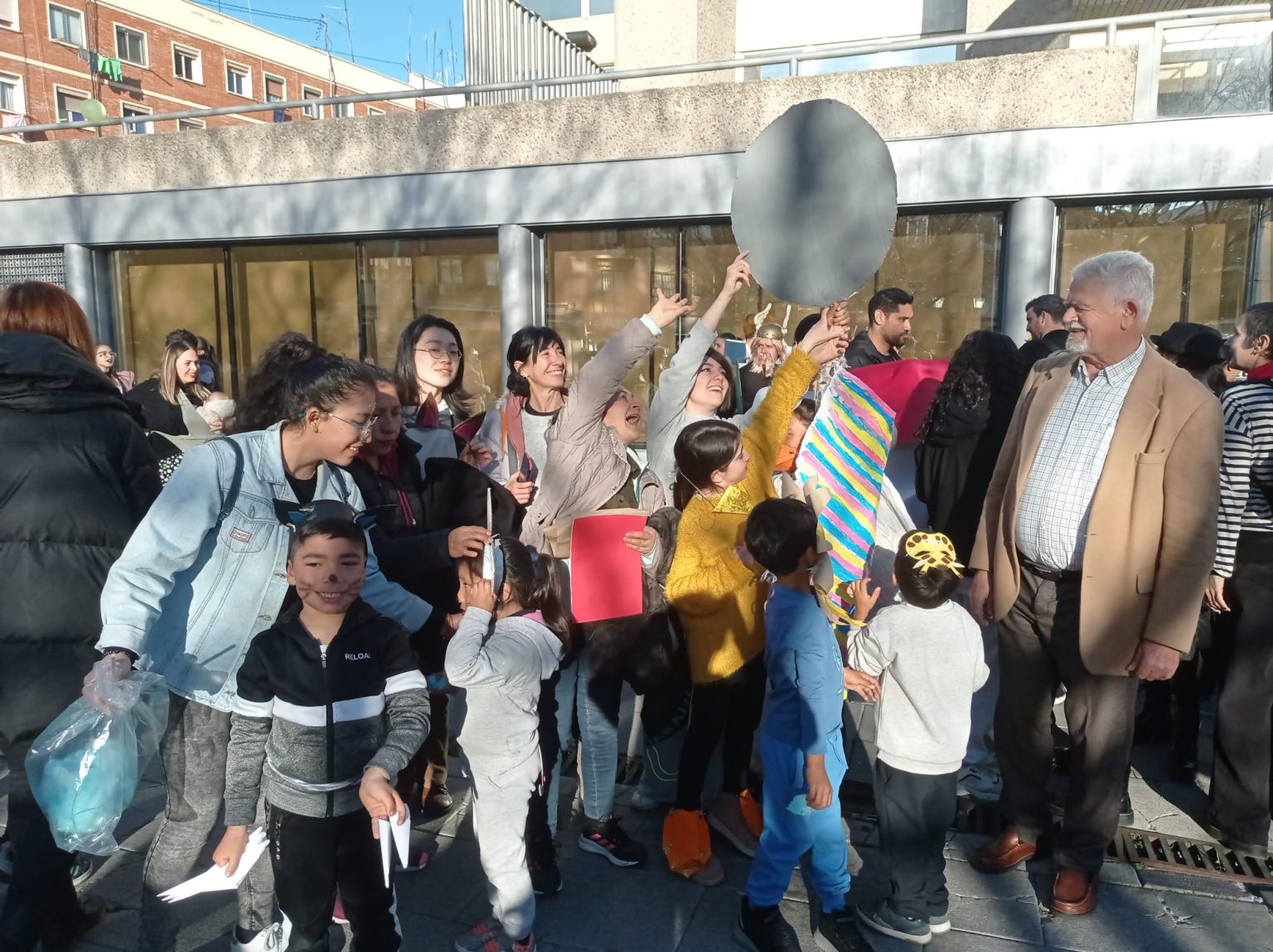
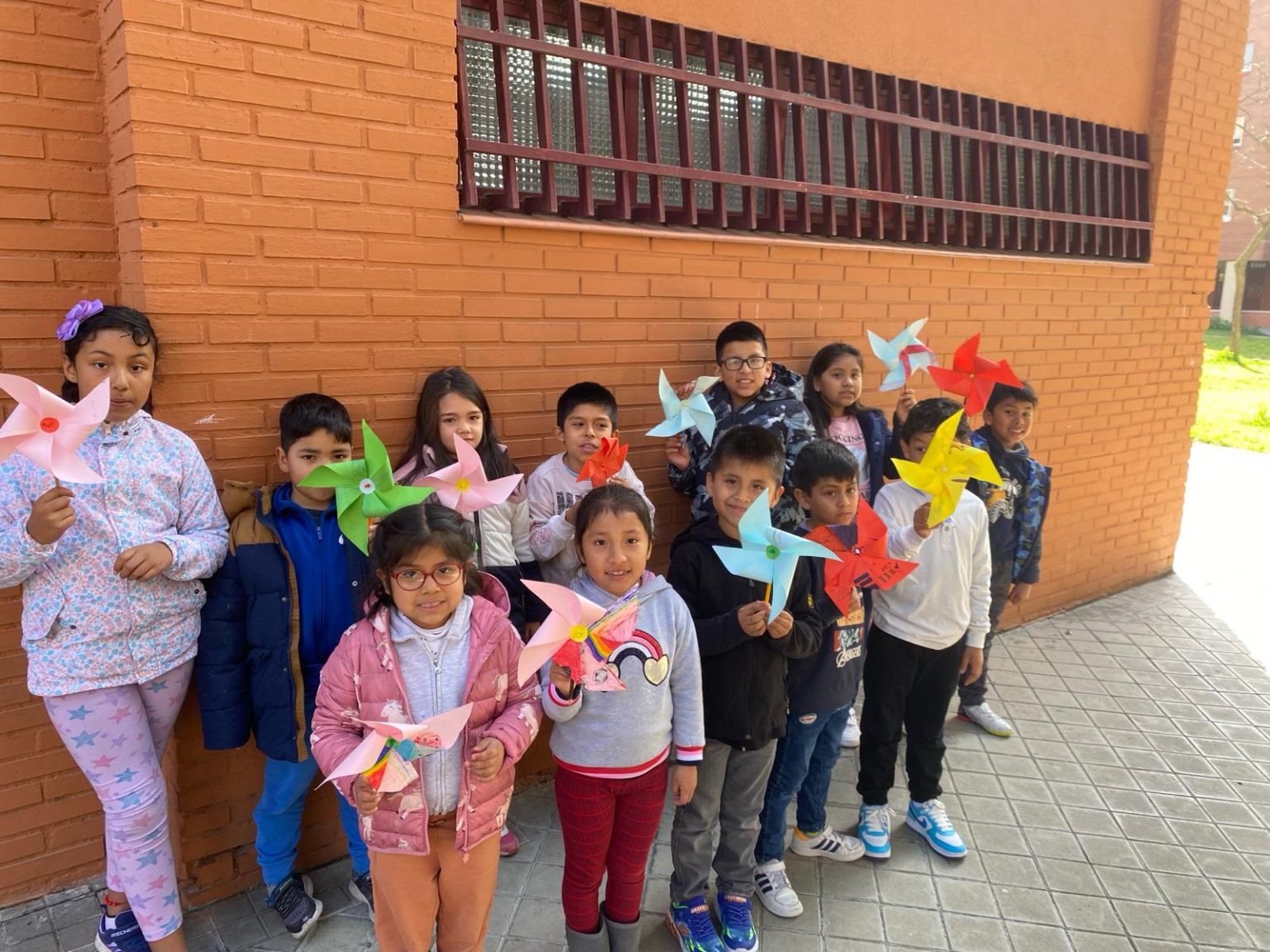
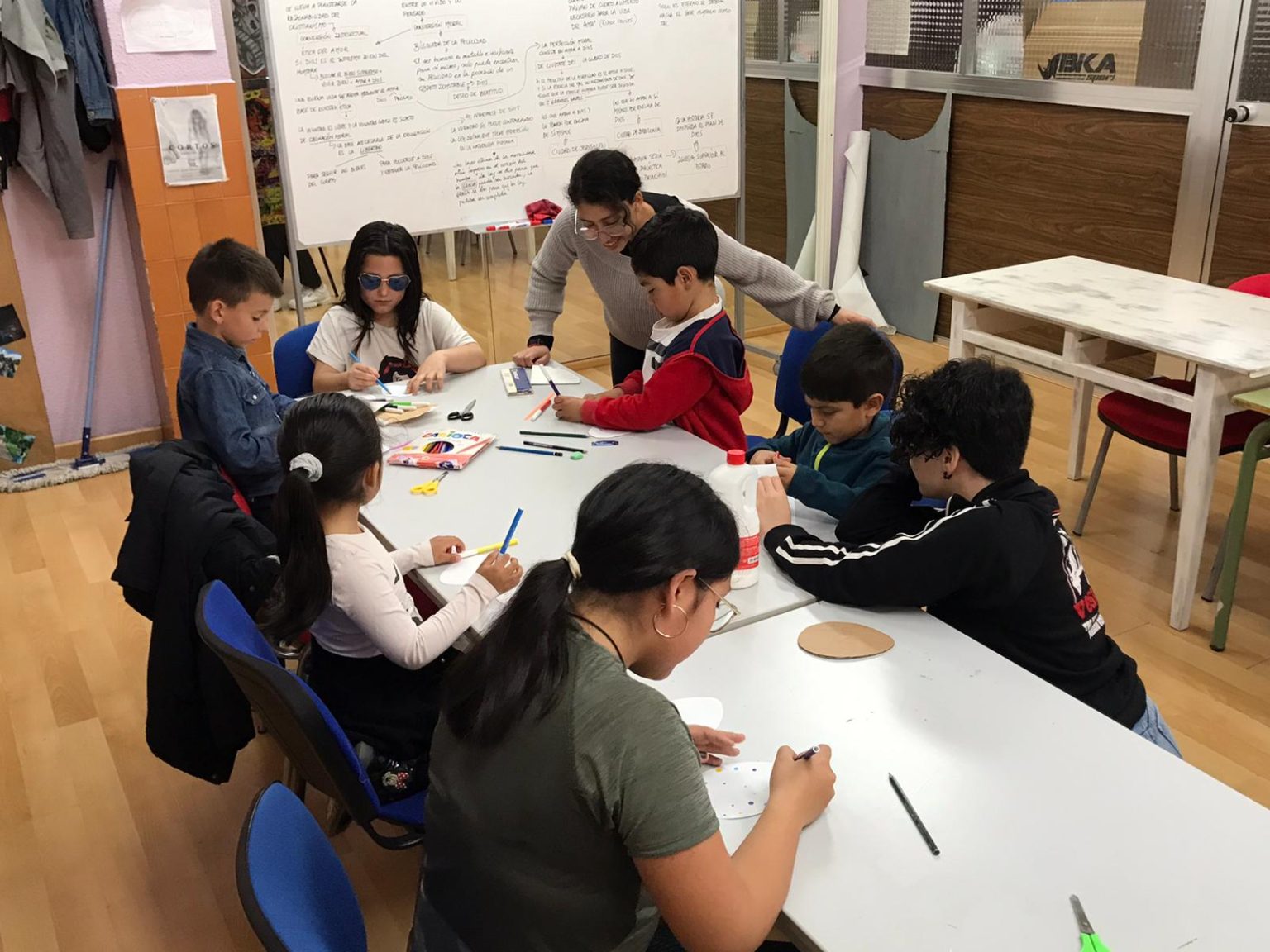
Safe Spaces
Our foundation has been working for more than 16 years on the implementation of the play groups project in Peru, whose first network was created on the coast of Piura. During the years of work, we have encountered multiple negative causes for implementing a play space. We refer to insecurity, this social scourge has caused boys and girls not to be able to go out and play in the few public spaces they have near their homes. Our great work has consisted of recovery of these public spaces (communal houses, schools, parks or sports fields) and maintaining security thanks to hundreds of volunteers who are accompanying recreational activities for boys and girls of different ages (3 – 13 years). It is also important to highlight the protection and support of the communities, who are the ones that give us the most security.
"A child's best toy is another child to play with"
José Luis Linaza Iglesias.
Playgrouds in Peru
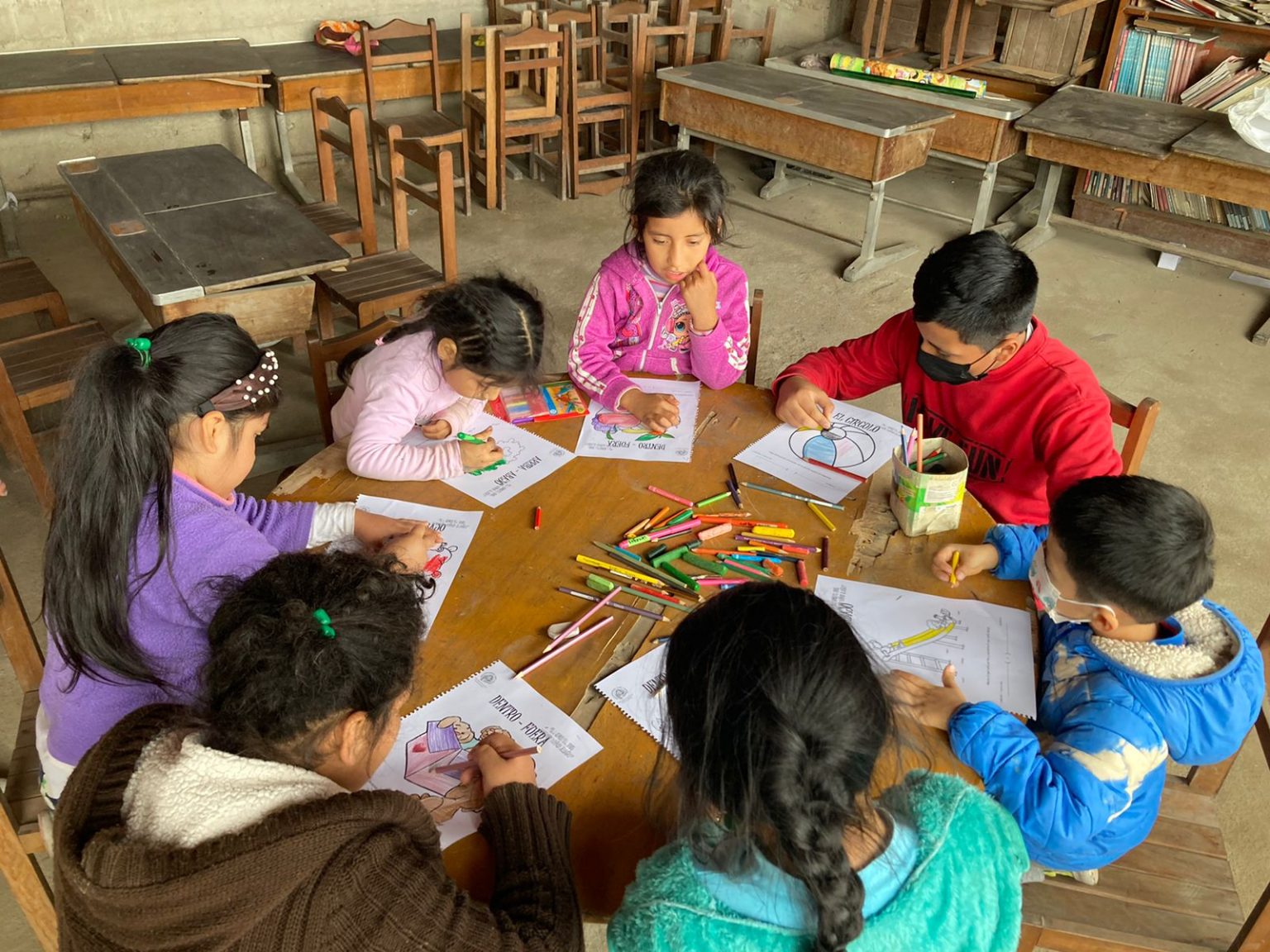
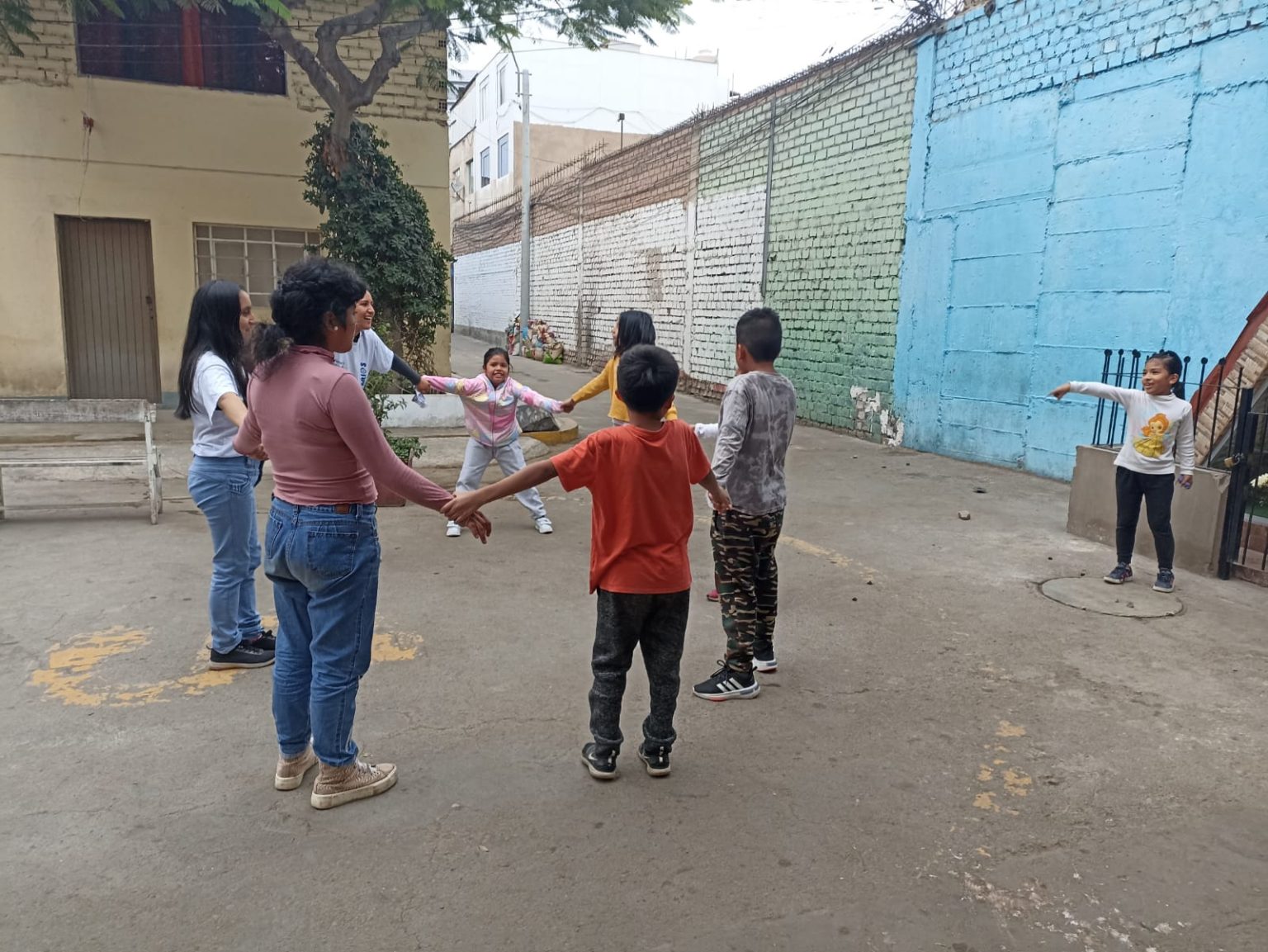
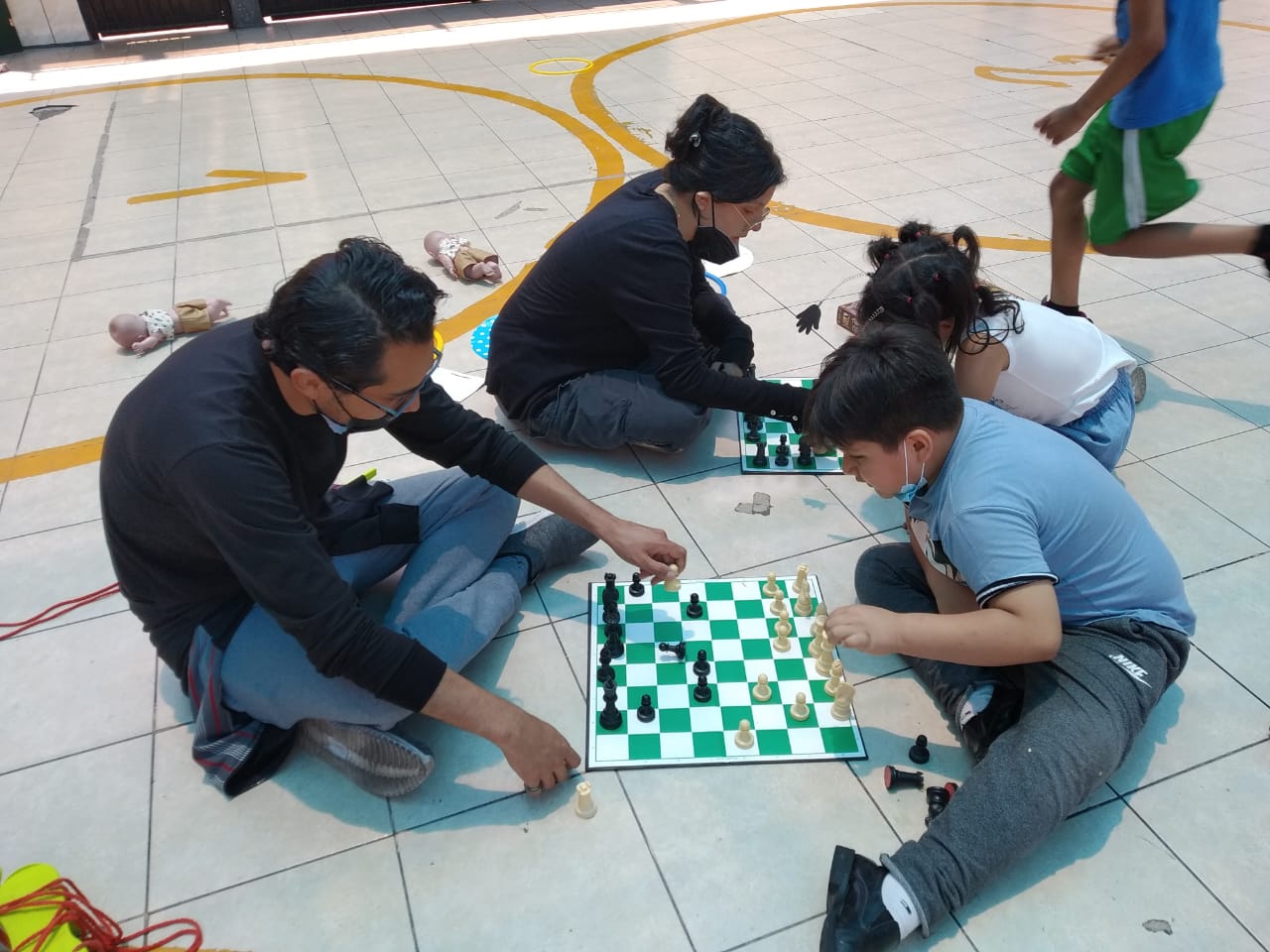
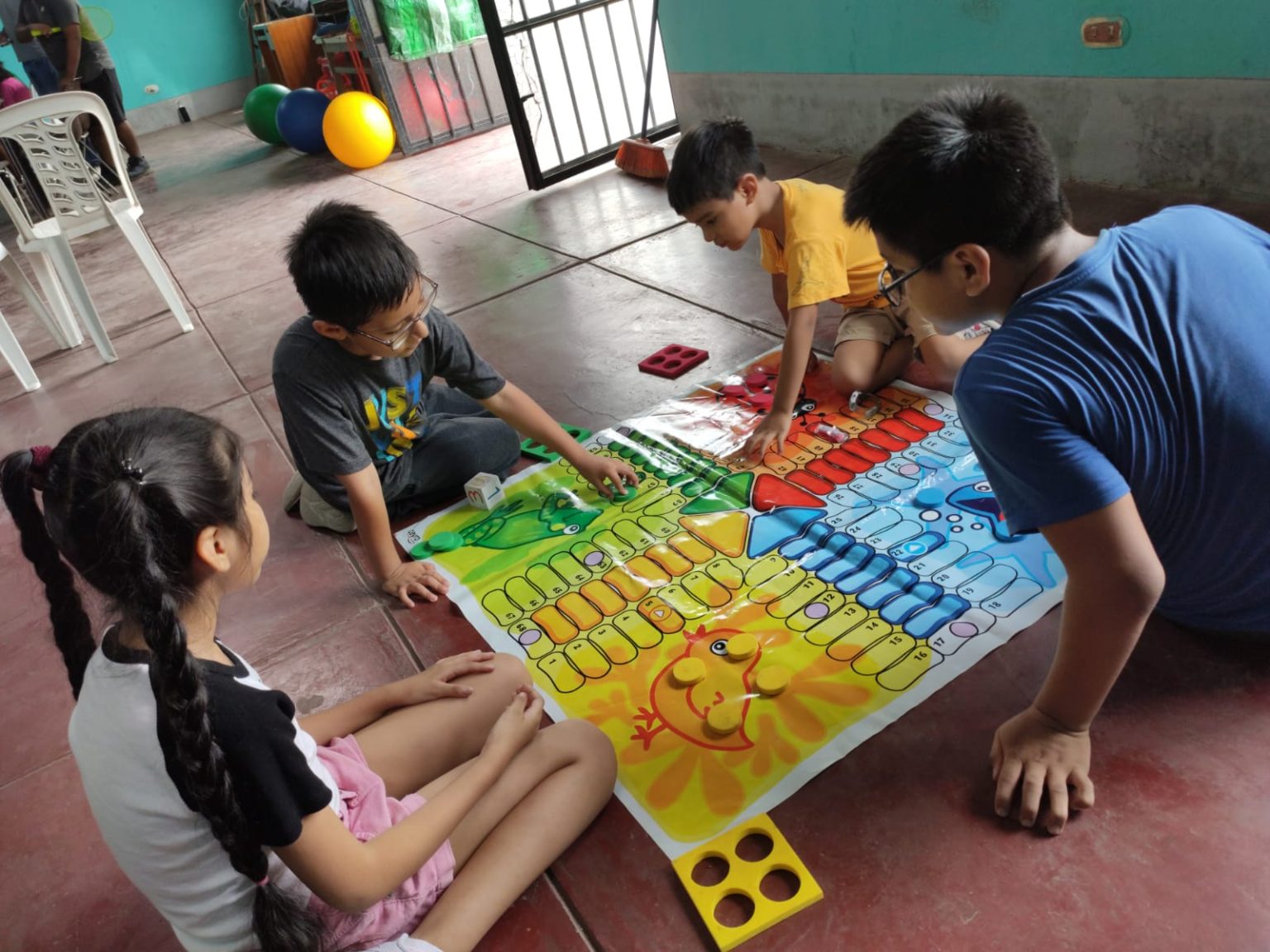
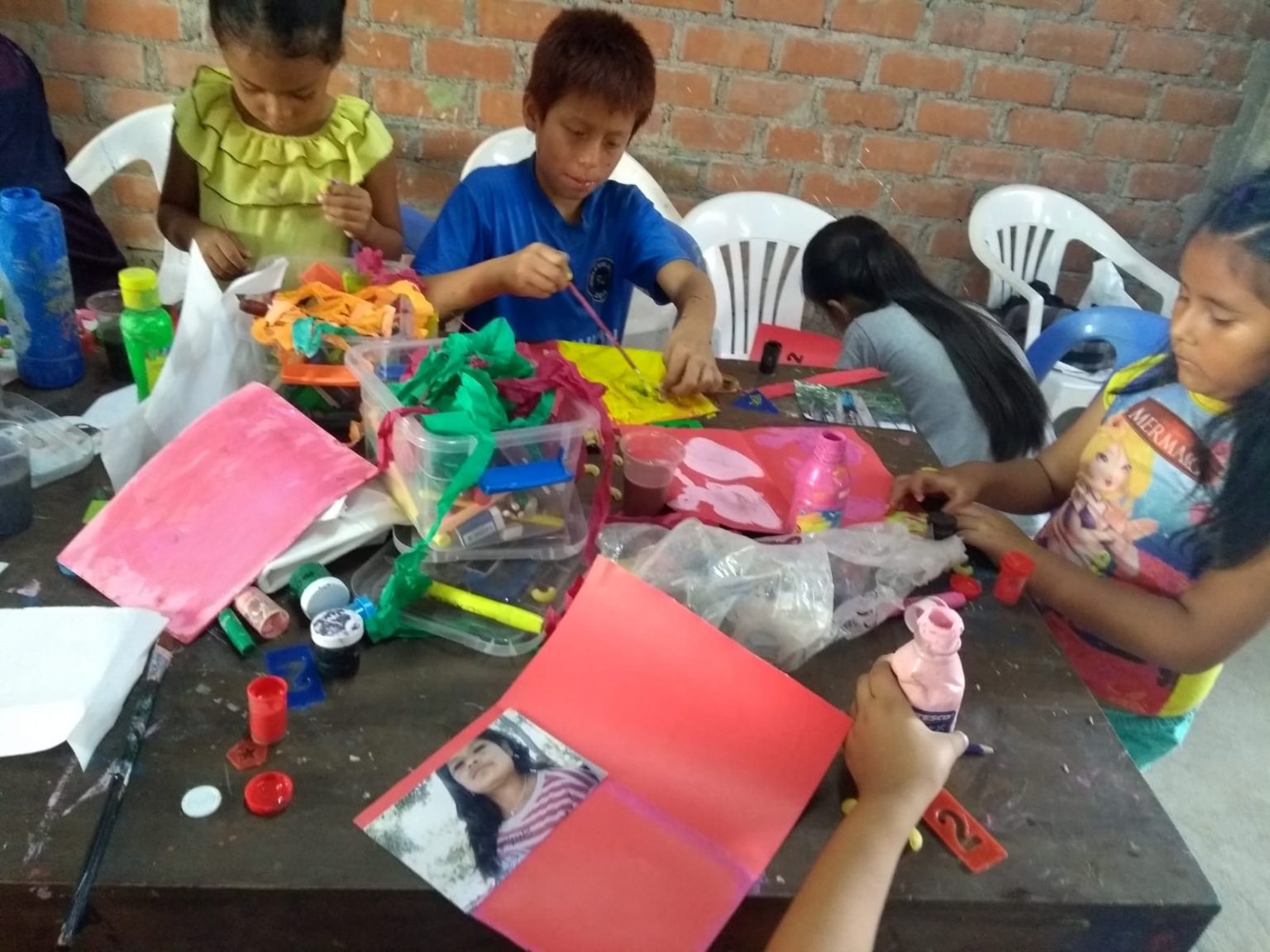
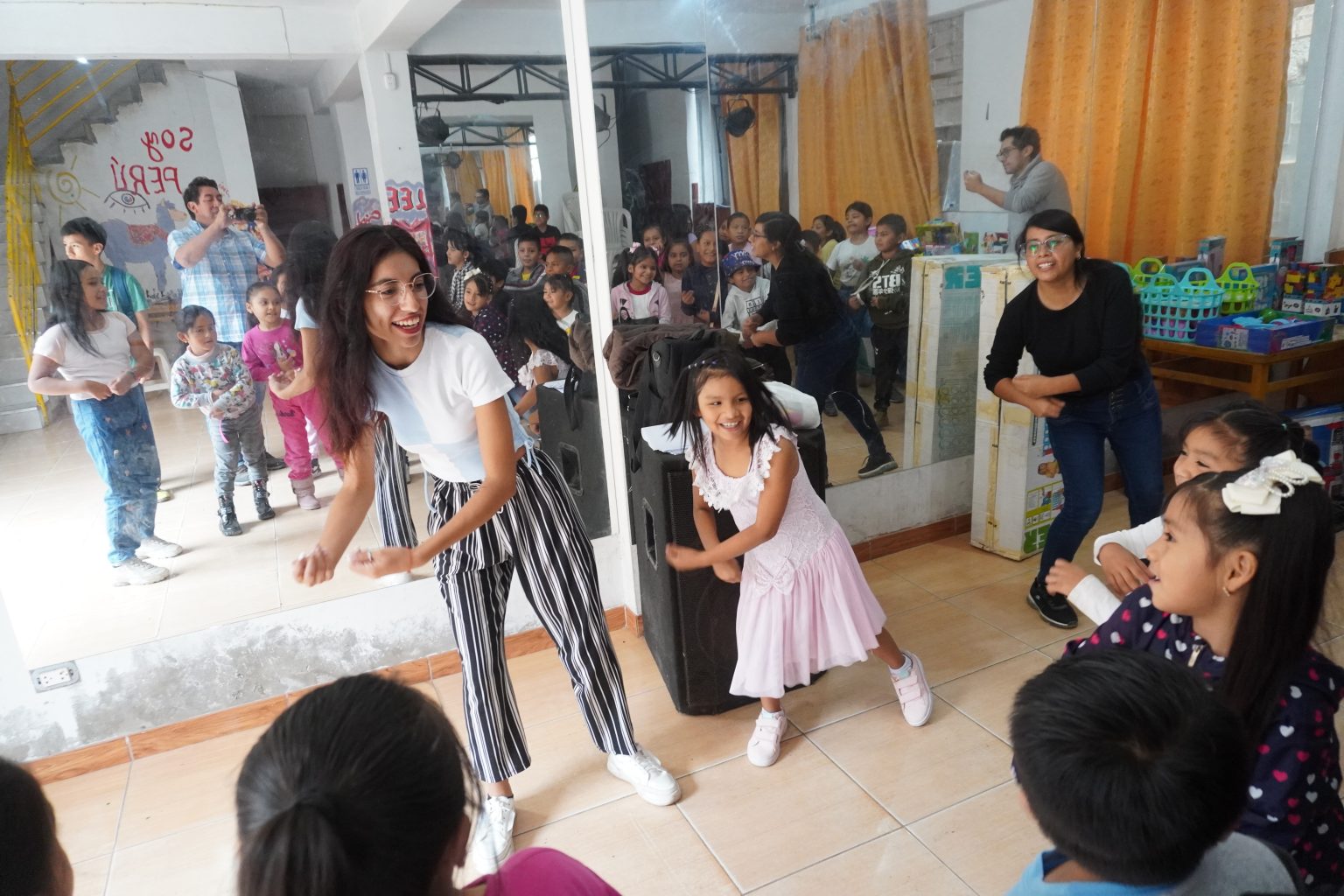
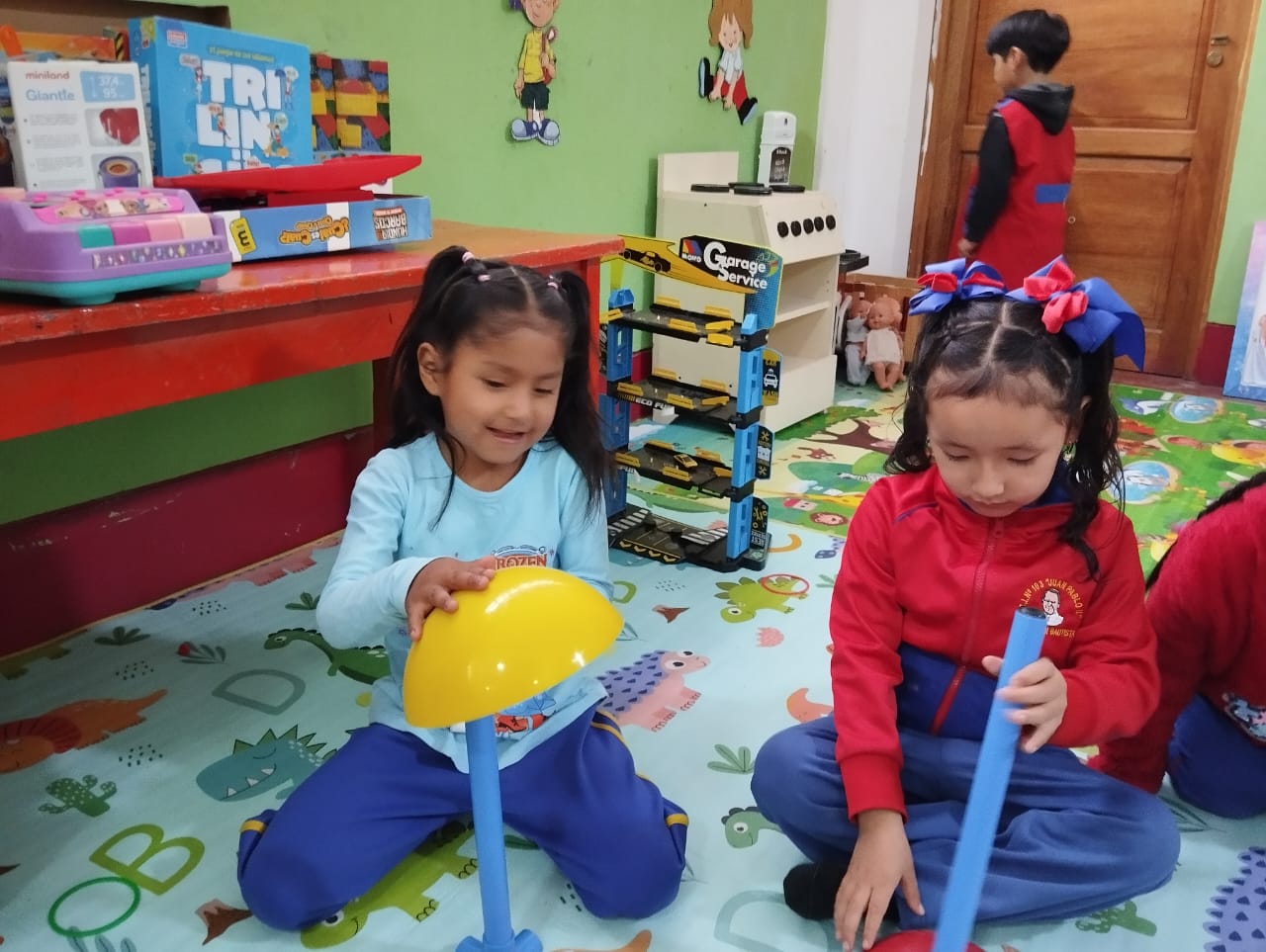
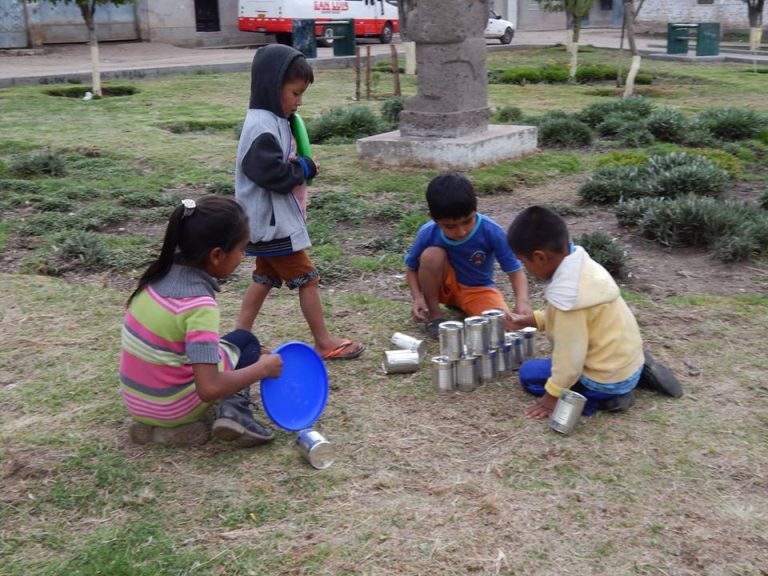
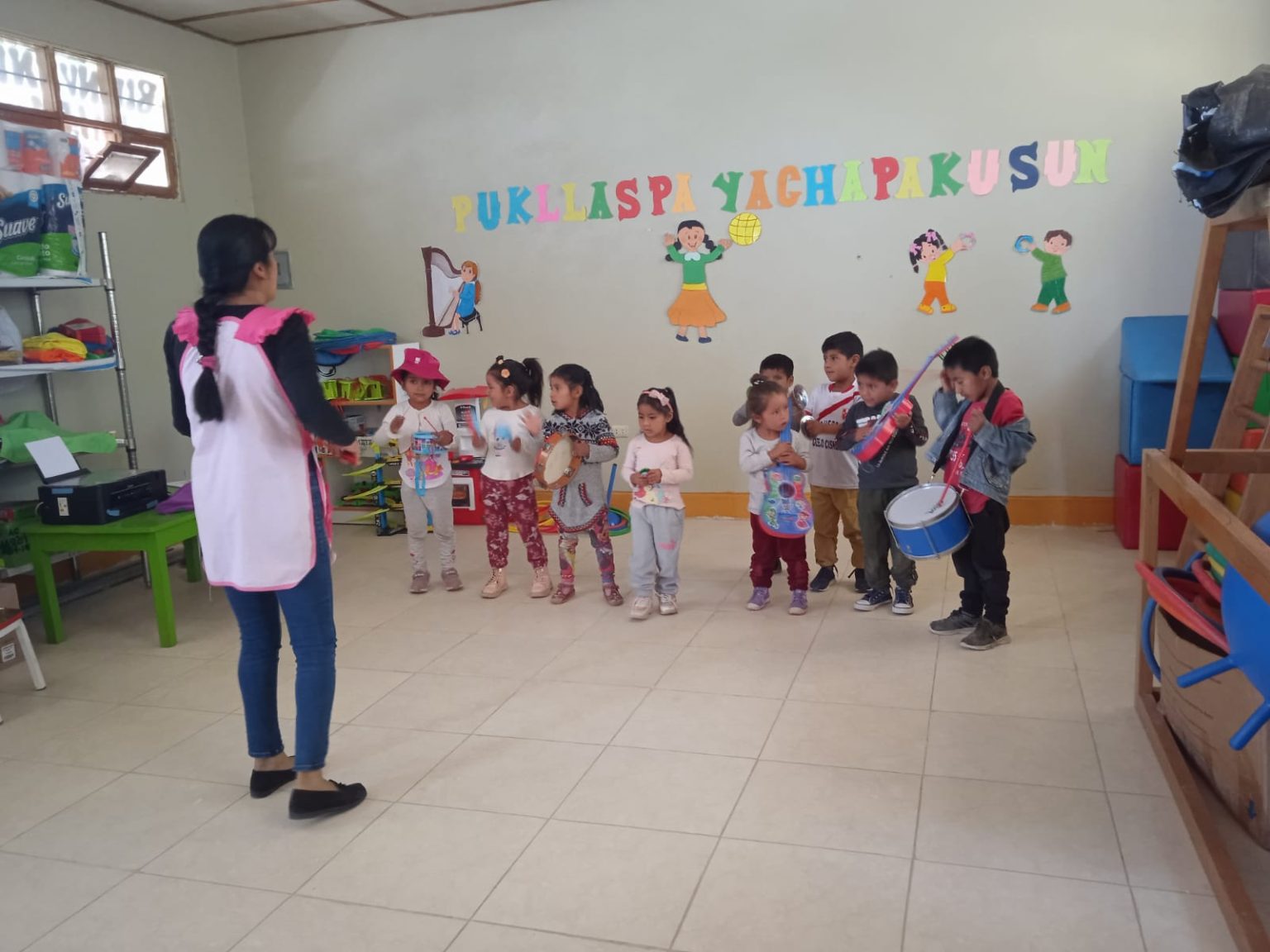
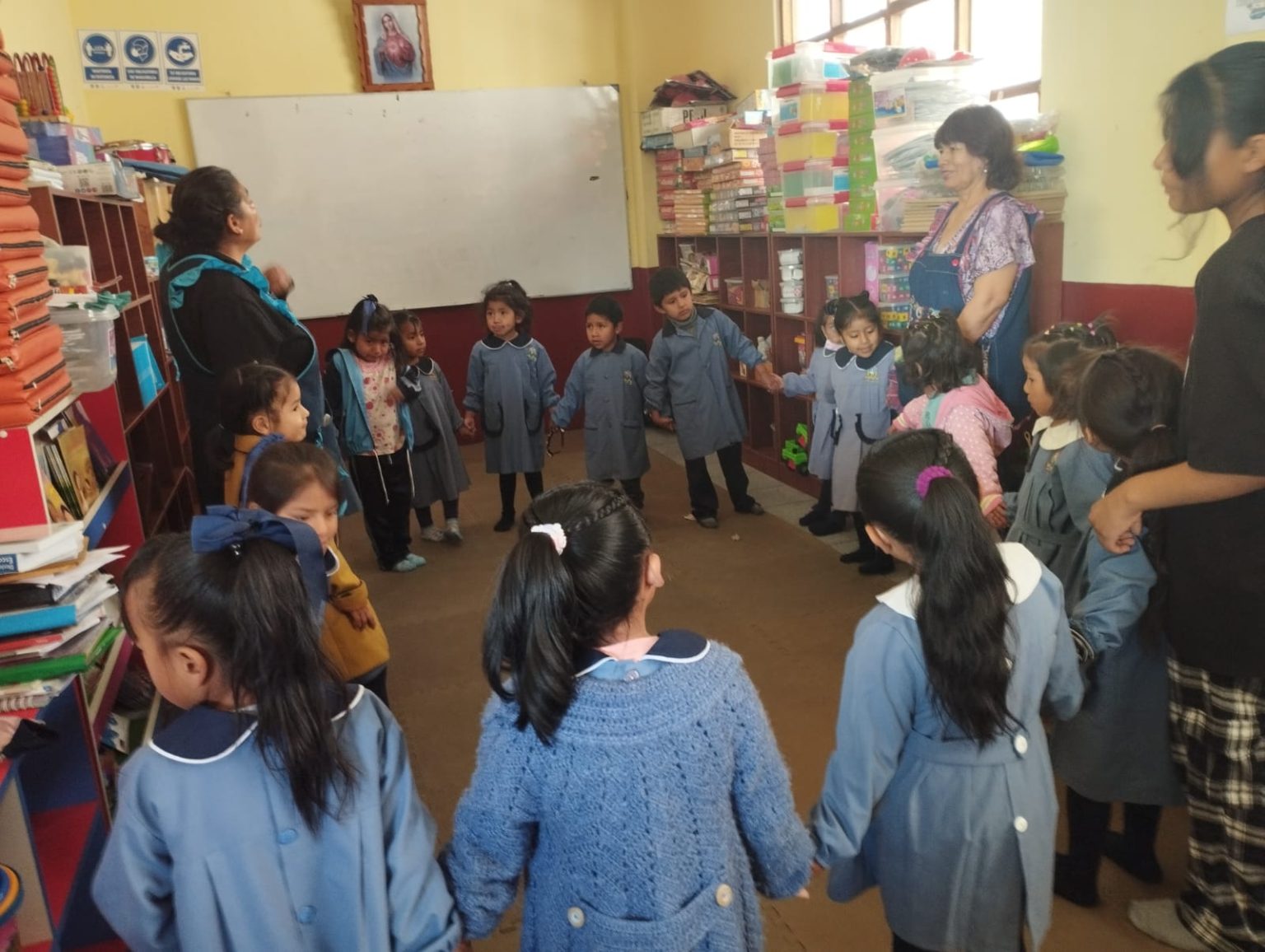
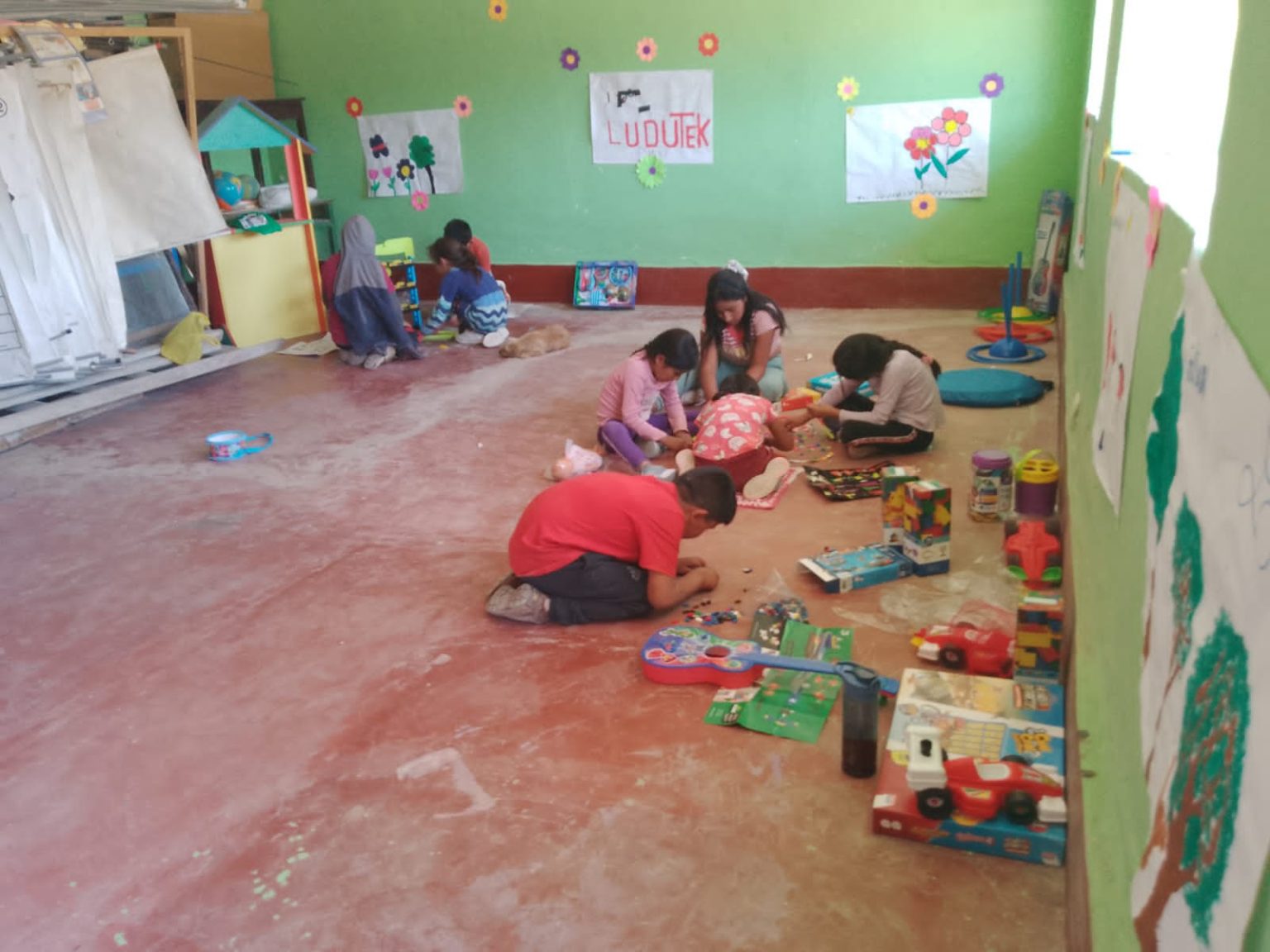
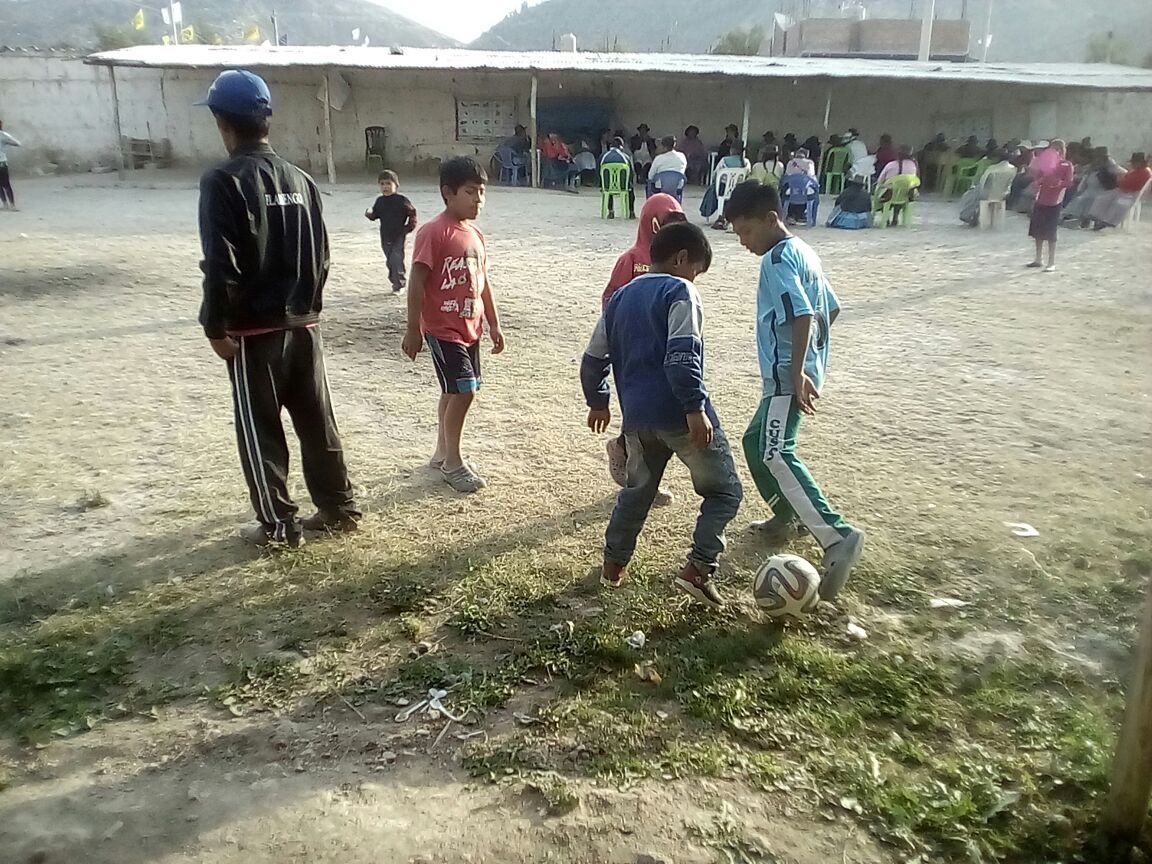
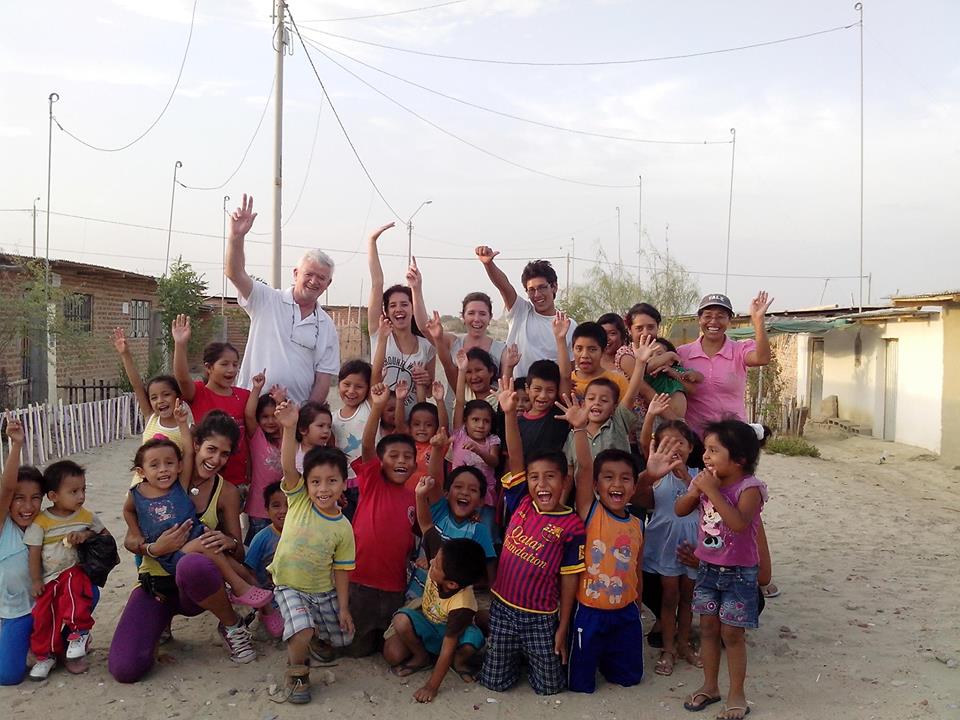
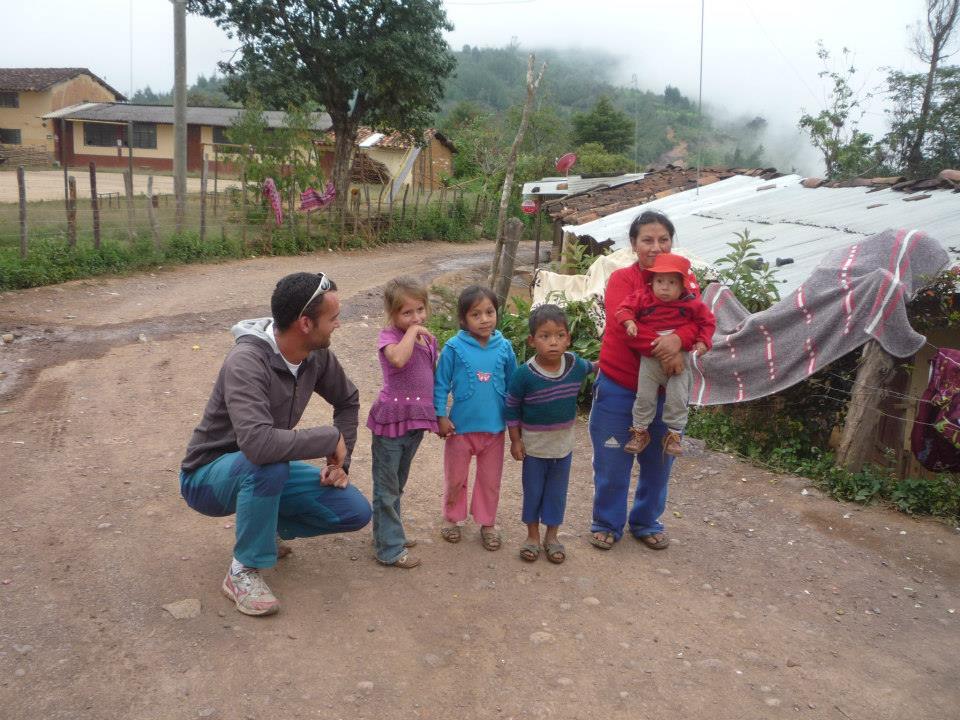

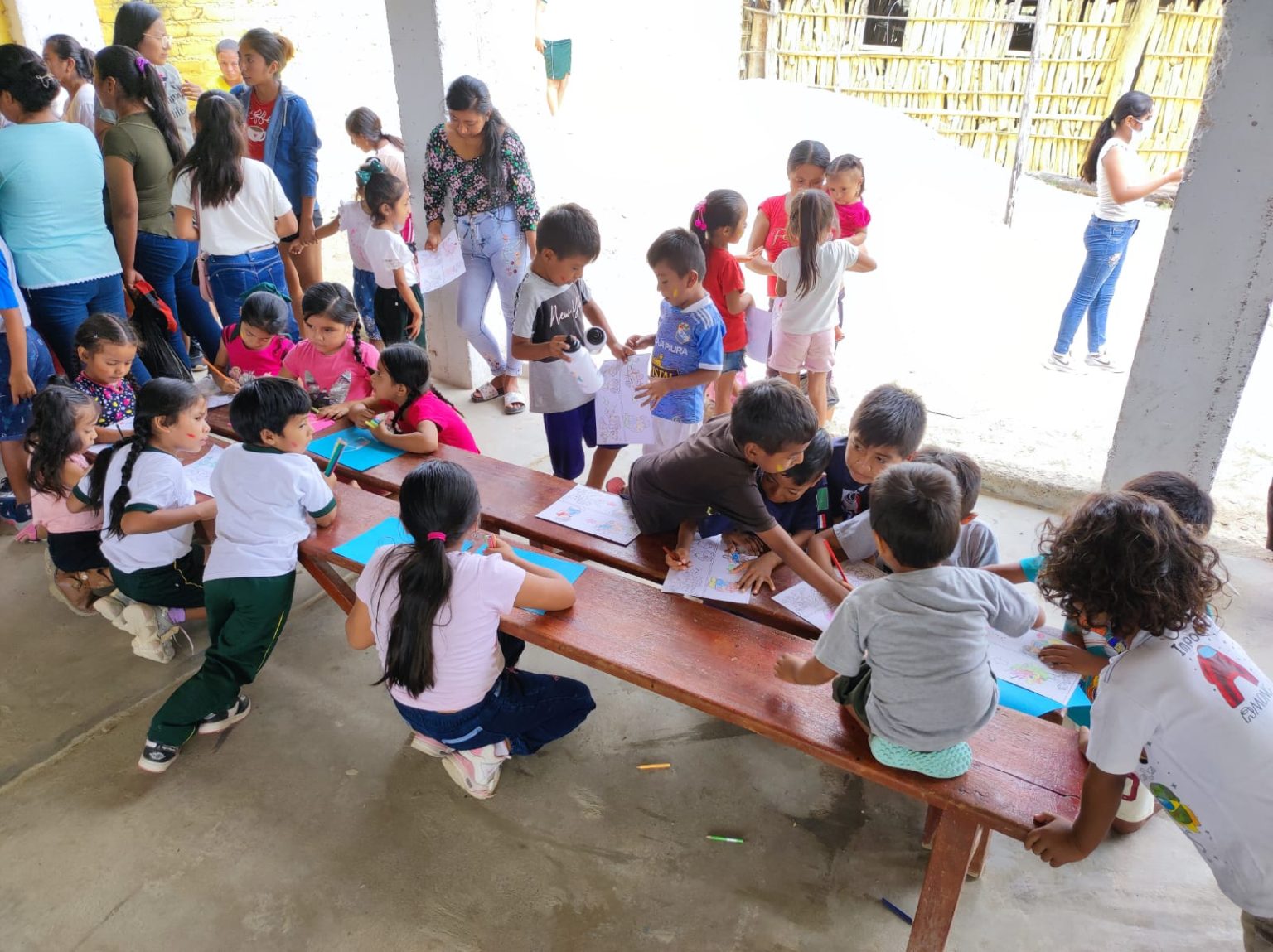

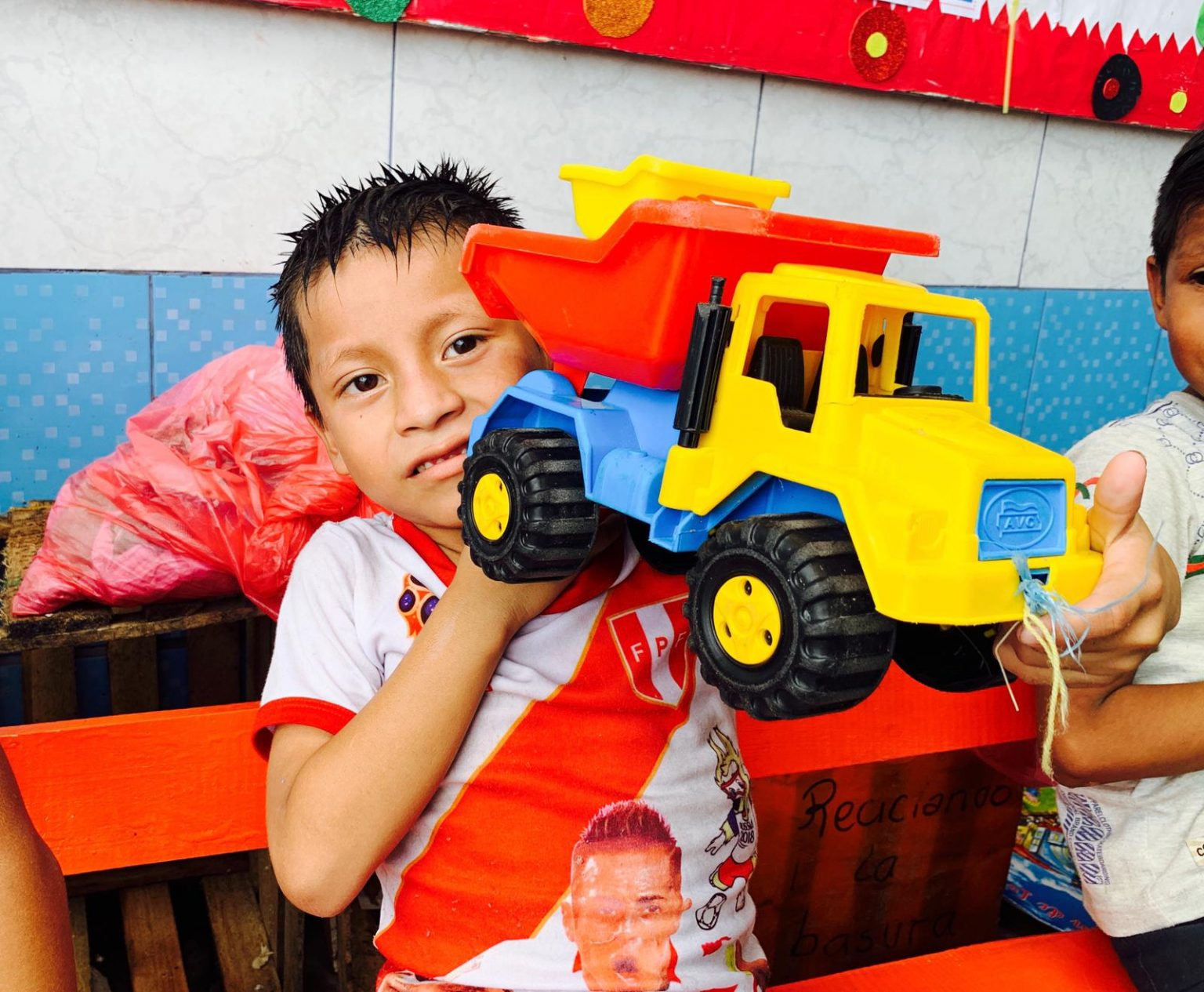
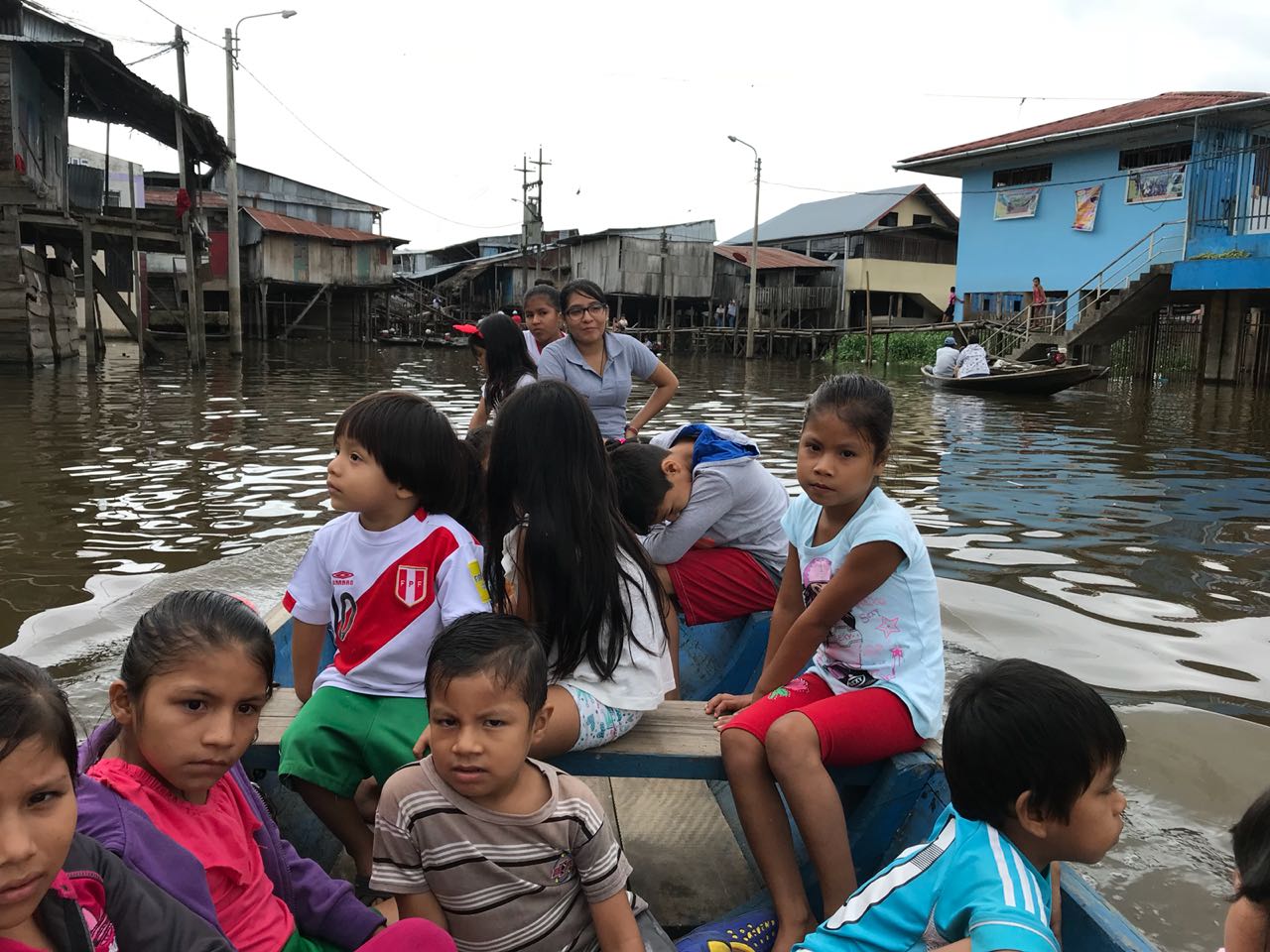
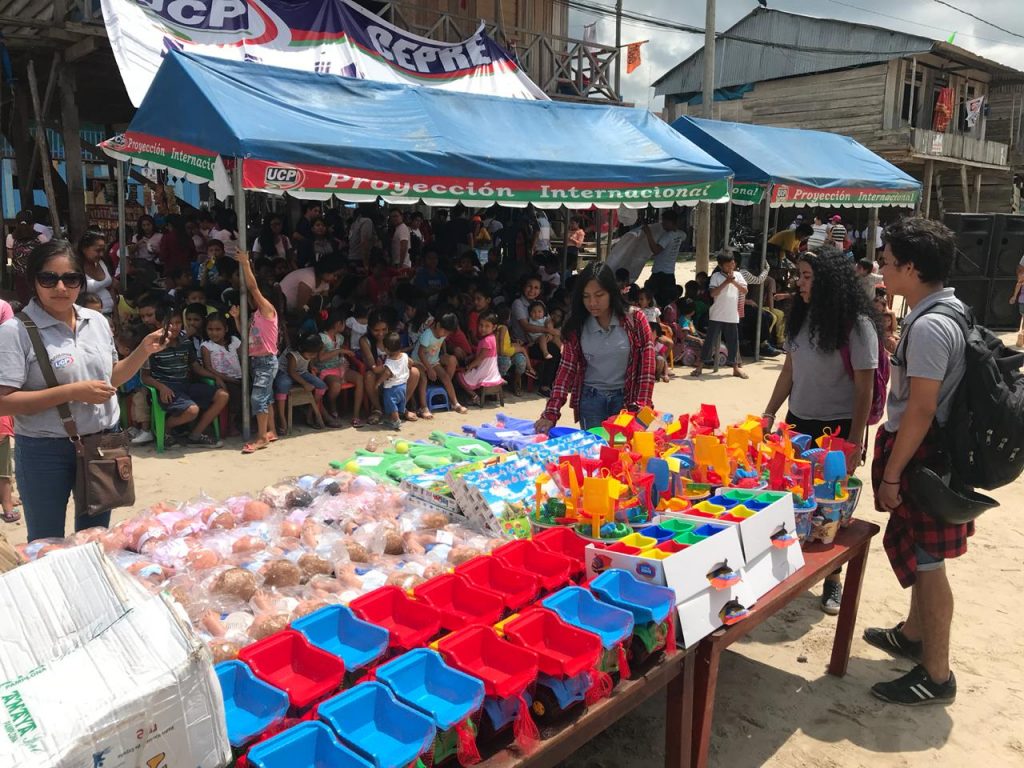
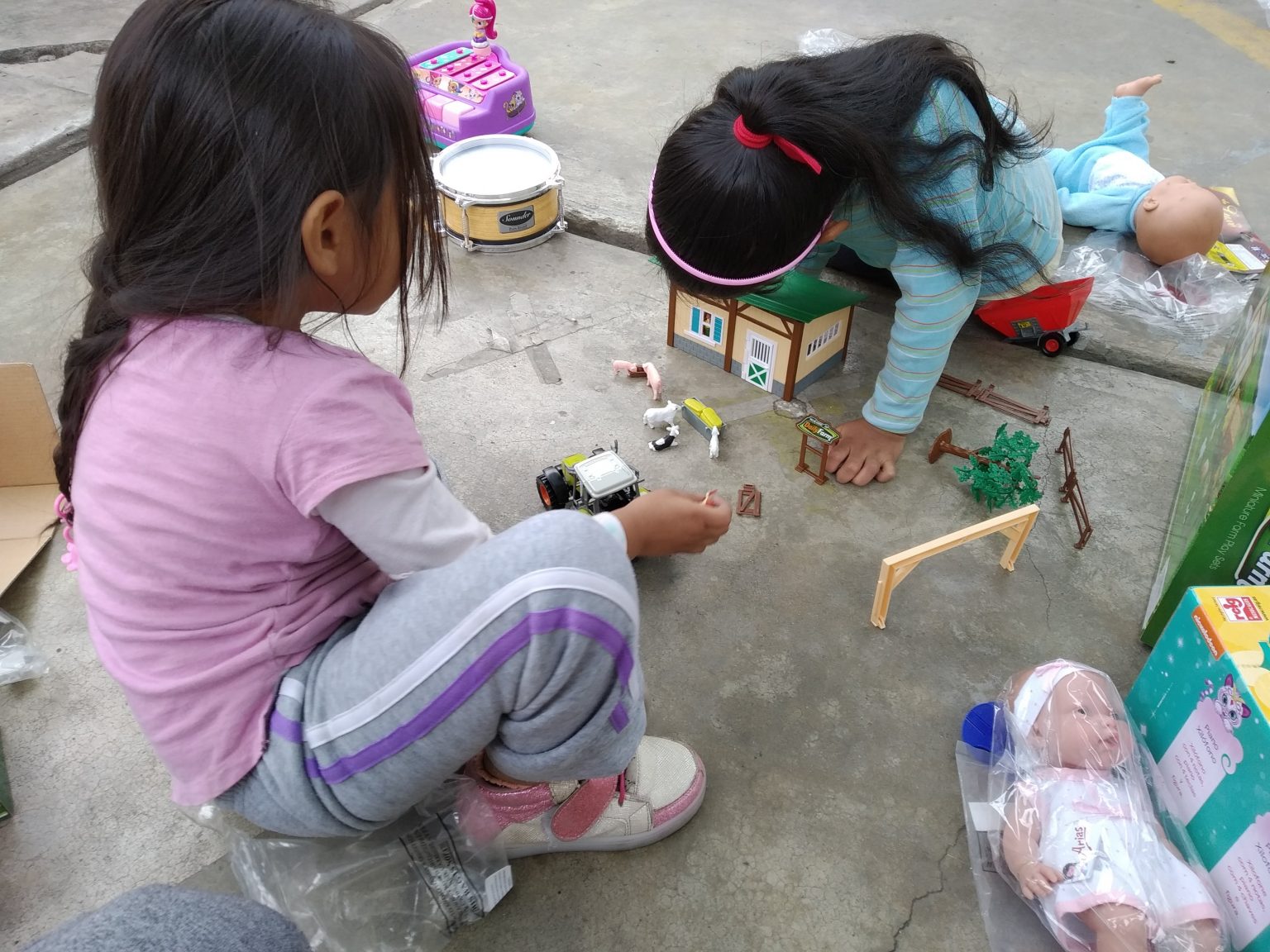
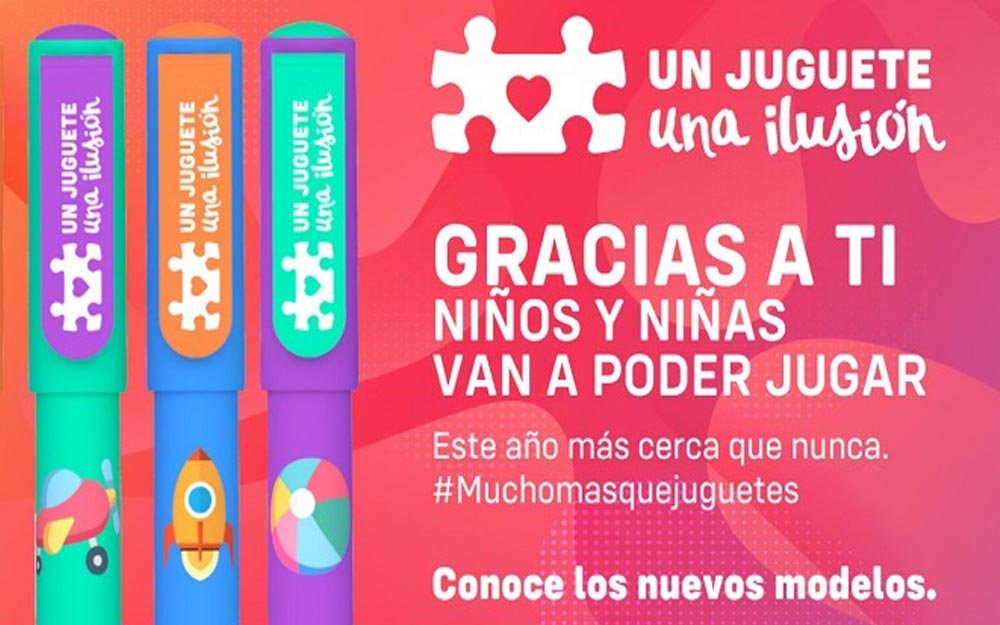
#A TOY AN ILLUSION
GROW BY PLAYING FOUNDATION
Thanks to its “A Toy, an Illusion” campaign, every year we receive toys for all these networks of play groups, allowing thousands of boys and girls to exercise their right to play. Therefore, when you buy this pen, you are helping to build new toys.
Right to Play!
The convention on Rights is an international treaty that gather together the human rigths Childhood. Article 31 said: "States Parties recognize the derecho child to rest and leisure, to engage in play and recreational activities appropriate to the age of de child and to participate freely in cultural life and the arts.” Therefore, it is a duty as adults to protect and ensure this need of Children by creating play spaces to develop their multiple skills and abilities.
“The Play builds social tissue”
"Play is a necessity for childhood"
José Luis Linaza Iglesias.
"Playgroups in Spain"



Safe Spaces
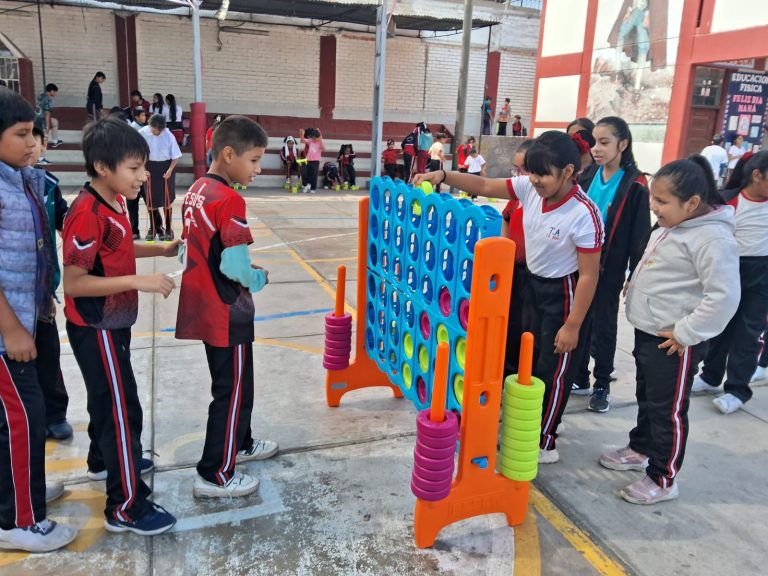
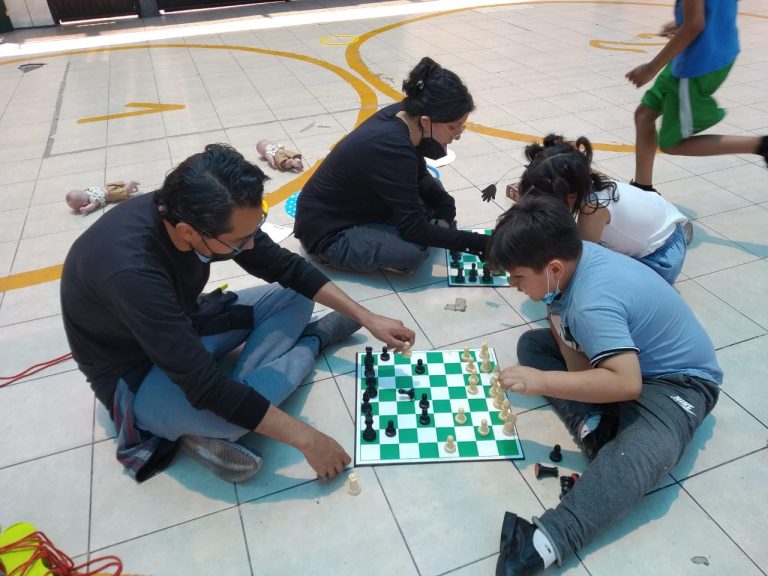
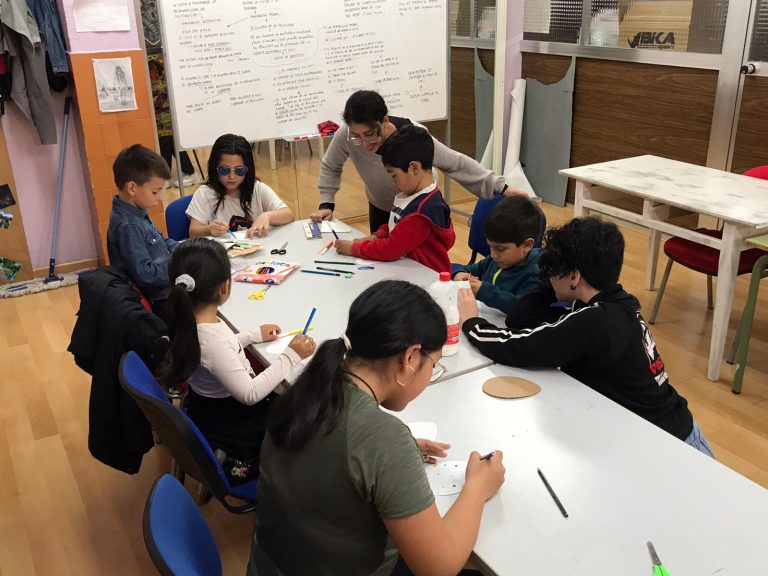
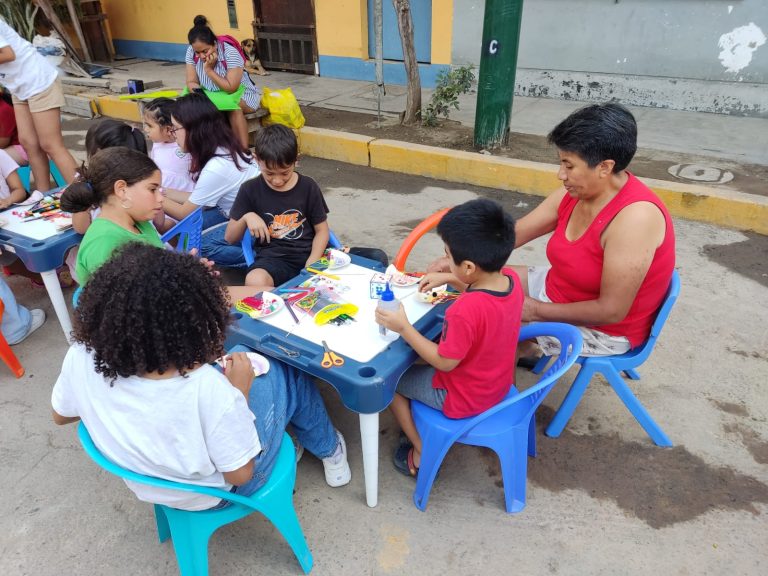
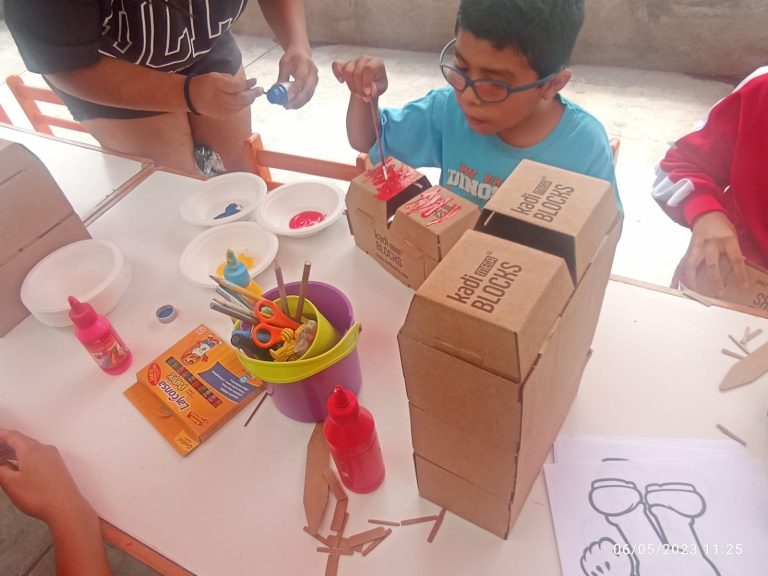
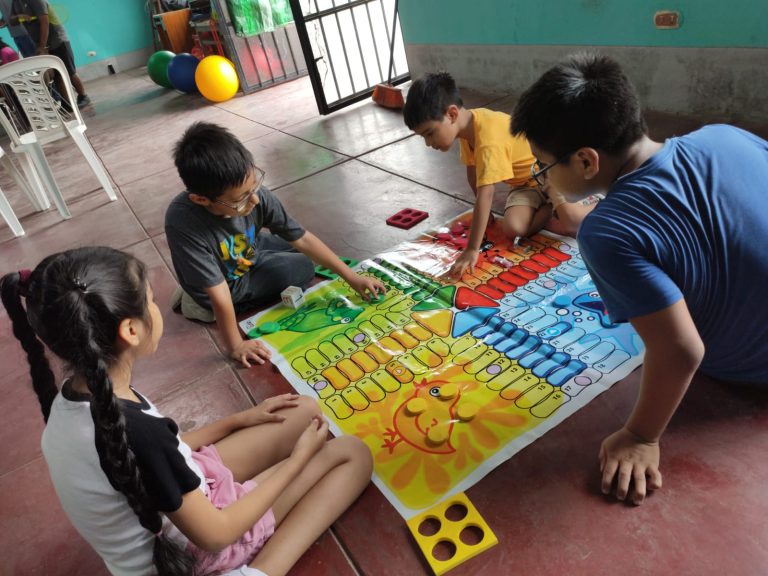
Our foundation has been working for more than 16 years on the implementation of the play groups project in Peru, whose first network was created on the coast of Piura. During the years of work, we have encountered multiple negative causes for implementing a play space. We refer to insecurity, this social scourge has caused boys and girls not to be able to go out and play in the few public spaces they have near their homes. Our great work has consisted of recovery of these public spaces (communal houses, schools, parks or sports fields) and maintaining security thanks to hundreds of volunteers who are accompanying recreational activities for boys and girls of different ages (3 – 13 years). It is also important to highlight the protection and support of the communities, who are the ones that give us the most security.
"A child's best toy is another child to play with"
José Luis Linaza Iglesias.
"Playgroups in Peru"





















Crecer Playing Foundation
Gracias a su campaña «Un juguete una Ilusión» todos los años recibimos juguetes para todas estás redes de ludotecas, permitiendo que miles de niños y niñas puedan ejercer su derecho a jugar. Por ello, cuando compres este boli, estás ayudando a construir nuevos juguetes.

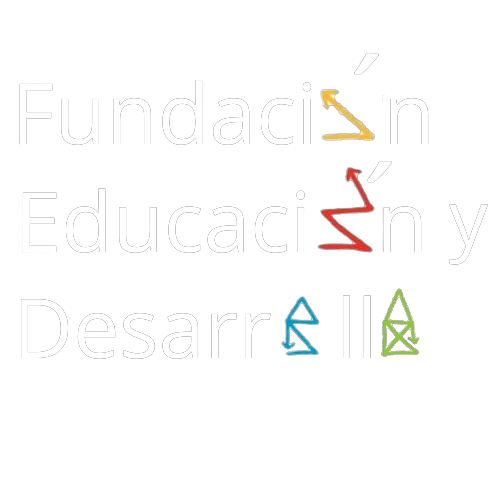
Know us:
It was established in Madrid on February 8, 1994 and registered in the registry of foundations of the Ministry of Education with No. 247 by ministerial order; on April 6 of the same year it was published in the state bulletin.
The last:

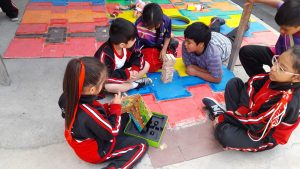
School Playgroups and their impact on coexistence between students
13 de November de 2024
No Comments
Read more >>
